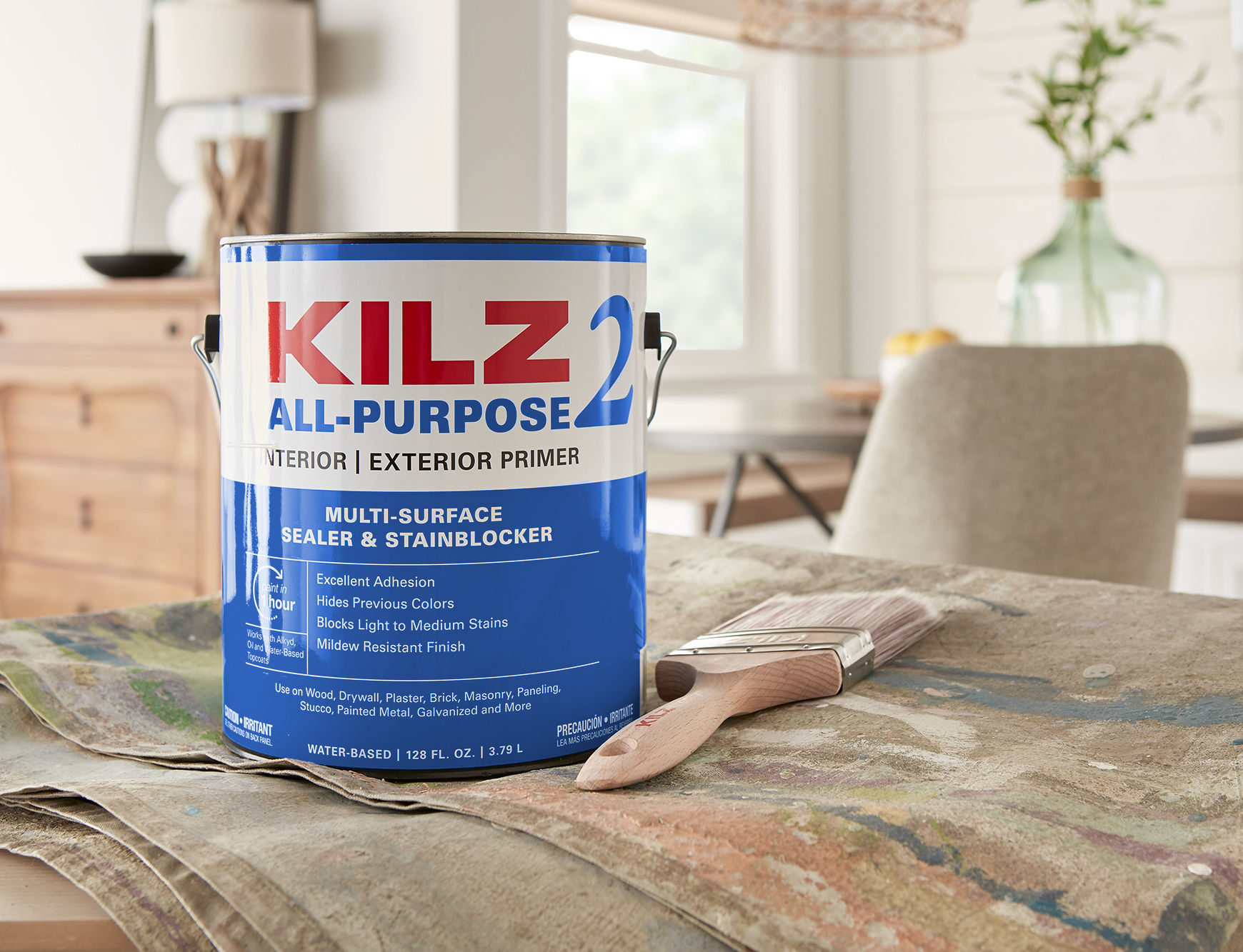
How Primer Affects Paint Color
April 15, 2020Springtime and DIY projects go hand in hand, and this spring season it feels like that sentiment rings truer than ever before. With all of us staying home to practice safe social distancing we have a lot more time on our hands, making it the perfect time to tackling a DIY painting project. But before you paint, don’t forget to prime!
While the paint’s job is all about color, the primer’s job is to prepare the surface for painting and make that color the best it can be. Even with a simple color change where you’re covering an existing lighter color with another color, it wouldn’t be advisable to paint without priming. If you paint without priming first, the end result could be a color that is a slightly different shade that the color you selected. For a simple color change from walls to furniture re-painting projects, KILZ 2® All-Purpose Primer is right for the job.

There are also certain surface types that are extremely porous, including brick and wood. If you paint on these surfaces without priming, there is a good chance the paint will seep into the surface – and that means your color won’t be as vibrant or true as you were expecting. When you’re looking to seal porous surfaces, KILZ® 1 Standard Primer and KILZ 2 All-Purpose are both great primer choices.
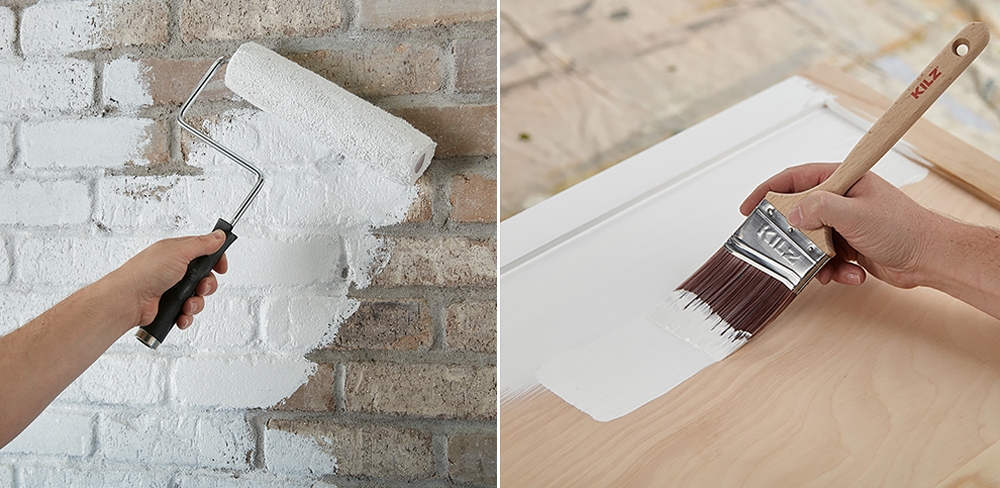
And it goes without saying that when painting over a darker color with a new, fresh-as-spring lighter shade, you definitely want to prime first. Otherwise shades like deep red will show through and change the tone of the new paint color you selected. If you’re going from a darker to a lighter color in your DIY painting project, KILZ® 3 Premium Primer has a thick, high-hide formula that is up to the task.
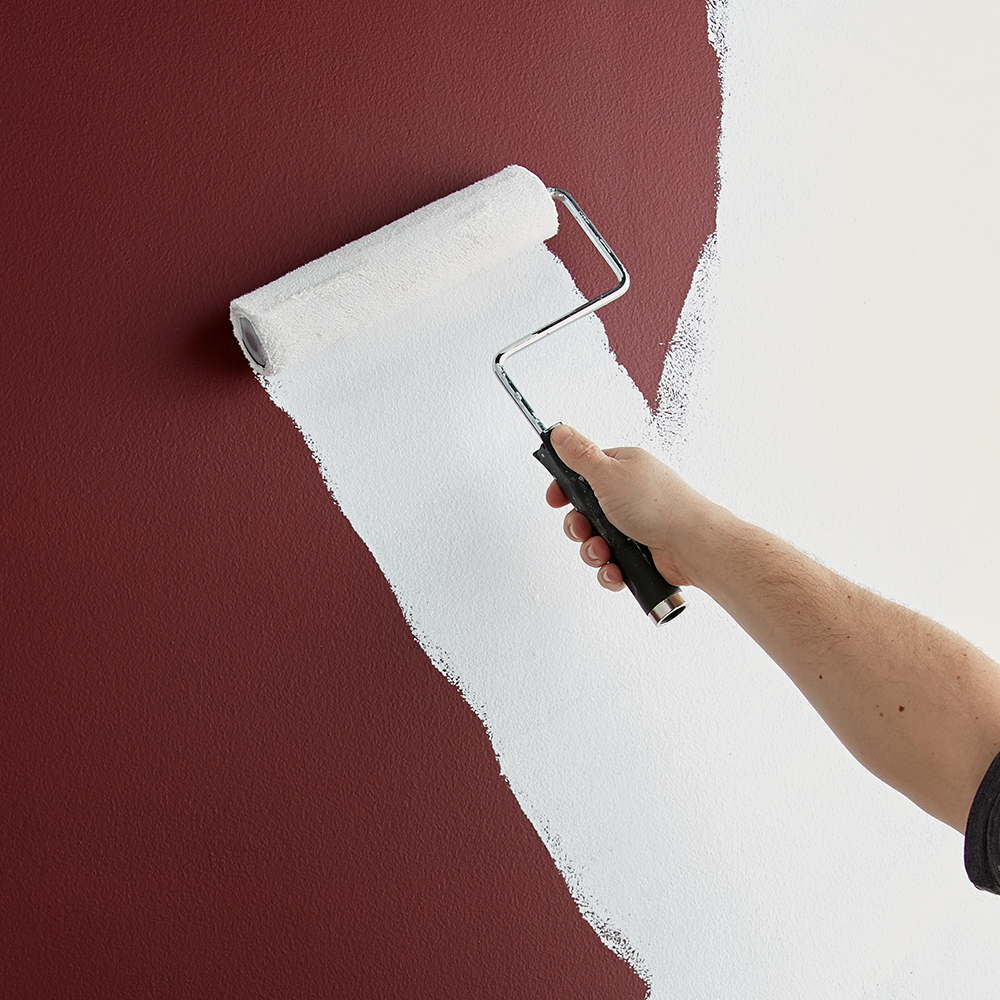
Prime first for dark to light color changes!
In all of these cases, priming before painting lessens the number of topcoats required – saving you time and ensuring your finished DIY project is the color you desired!
Always remember to refer to our website kilz.com or product back labels for additional information on which primer is right for your project and detailed instructions on how to apply our products.
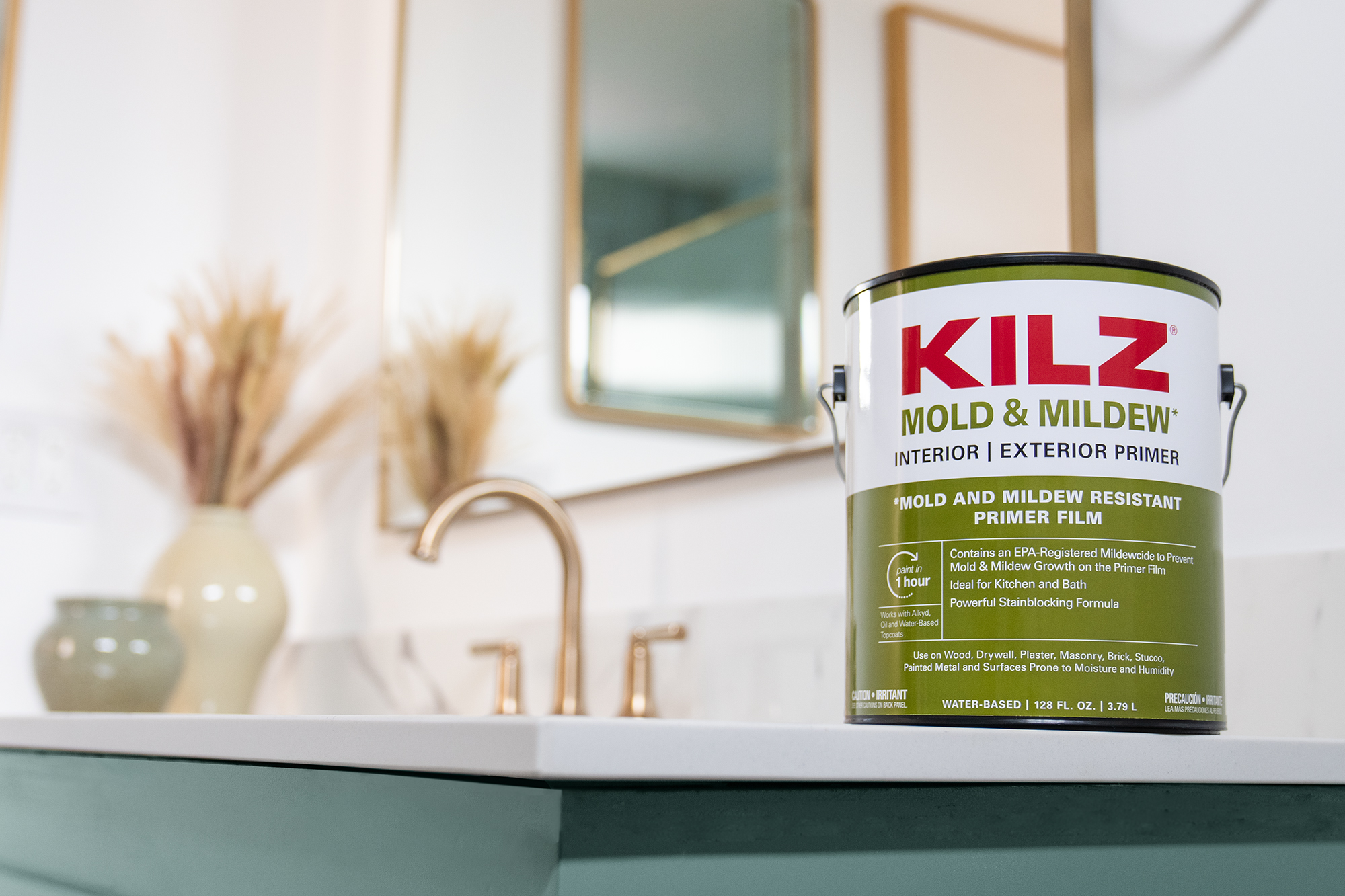
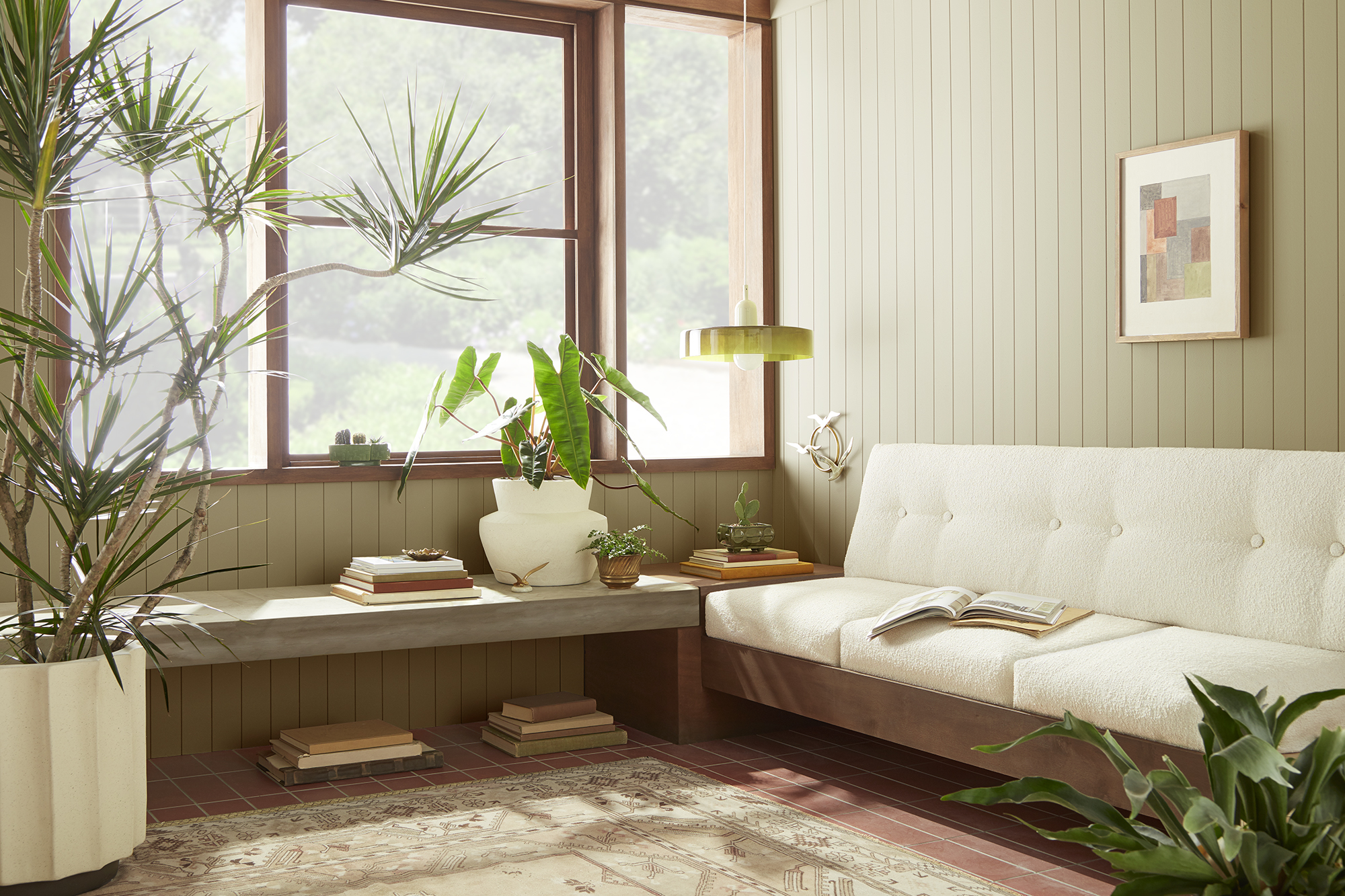

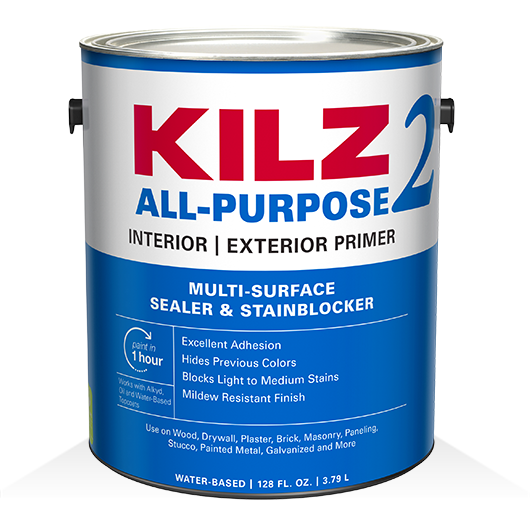
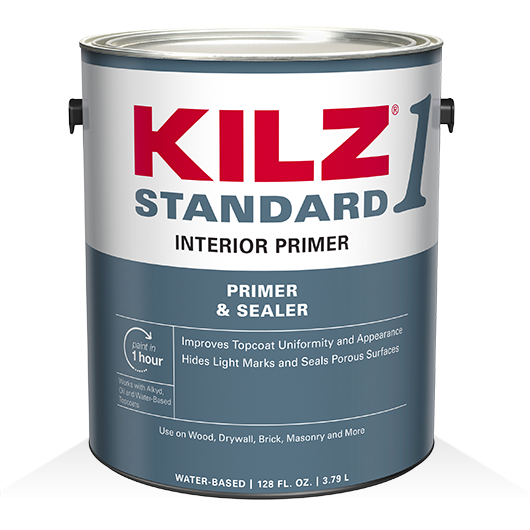
join the conversation:
SHARE this post:
COMMENTS: